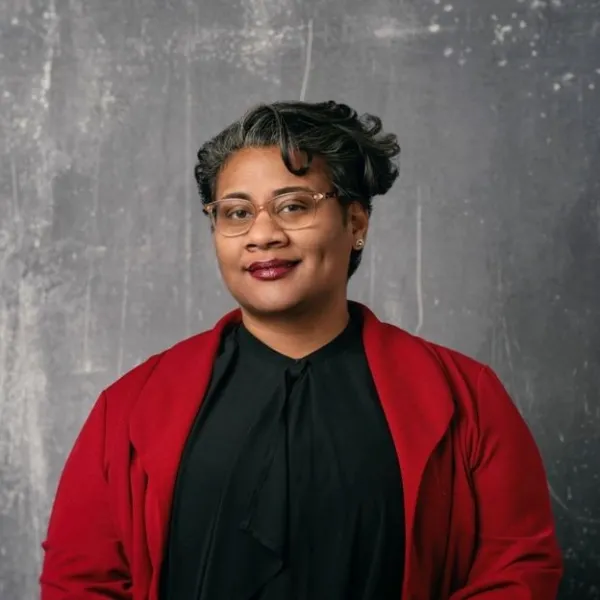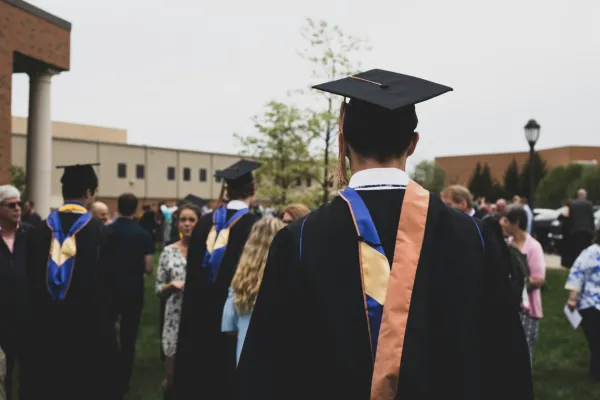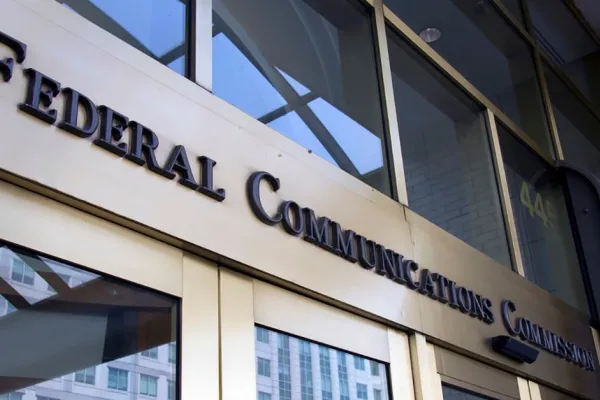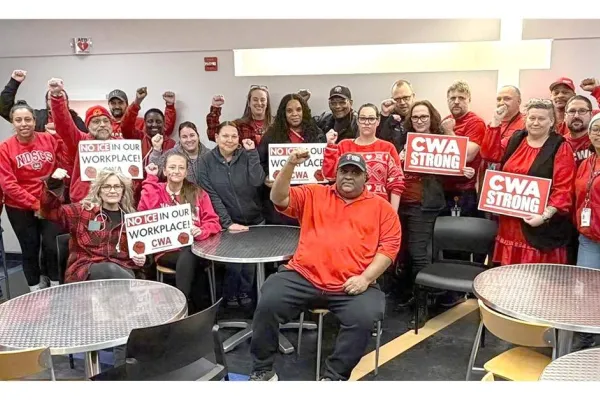Pacific Islander Communities on the Continent

In our continued celebration of Asian American, Native Hawaiian, and Pacific Islander Heritage Month, we must remember the diversity of the community. The broad AANHPI grouping encompasses peoples from over 50 nations with different environments, cultures, politics, and more. Consequently, AANHPI experiences vary immensely. In this newsletter, we would like to foreground the stories of Pacific Islanders in the continental U.S. We are excited to share the specific work of Empowering Pacific Islander Communities (EPIC).
“Why canʻt we celebrate our own voyages to California, to Nevada, the Philippines or wherever? That should be a part of our genealogy as well. Why are we ashamed of people who traveled elsewhere? Thatʻs in our blood. We're descendents of navigators.” – Adam Keawe Manolo-Camp, Ka ʻĀʻumeʻume: Navigating Home dir. By Pumehana Cabral.
“Why canʻt we celebrate our own voyages to California, to Nevada, the Philippines or wherever? That should be a part of our genealogy as well. Why are we ashamed of people who traveled elsewhere? Thatʻs in our blood. We're descendents of navigators.” – Adam Keawe Manolo-Camp, Ka ʻĀʻumeʻume: Navigating Home dir. By Pumehana Cabral.
Founded by a group of young Native Hawaiians and Pacific Islanders (NHPI) 14 years ago, EPIC has led leadership development, research, narrative change and advocacy efforts directly impacting NHPI communities in the U.S. on a national level. The NHPI community is often aggregated into the “Asian Pacific Islander” category, which has been historically associated with healthy profiles, obscuring NHPI health issues and making them invisible in reported data. EPIC advocates for policymakers to recognize that NHPI communities encompass an extremely diverse and complicated set of relationships with the United States. Erasure of our most vulnerable populations, including NHPI, is an iteration of structural racism that perpetuates racial inequities.
Whether NHPI find themselves on the continental U.S. through militarism, displacement by high costs of living, economic or educational opportunities or climate injustice, we are reminded that movement and navigation is in our dna and strong leaders are necessary to keep up with the growing demand of resources needed to address the population increase of diasporic NHPI.
EPIC has a history of developing leaders to advocate on national and state levels. Karla Thomas, an alumna of EPIC’s Pacific Islander Leaders of Tomorrow (PILOT) program in 2018, now serves as EPIC’s Deputy Director. “PILOT was one of the few opportunities I could find tailored to my unique needs and interests as a Pacific Islander (Samoan) student in higher education. I gained leadership skills in advocacy and community building, and what was most impactful was that it was facilitated by Pacific Islander women. Their leadership inspired me to continue onto a path of service to the community that would be grounded in equity and social justice,” Karla said.
Luti Lagoʻo expresses, “PILOT was a catalyst for my exponential growth in community organizing. The program is a great opportunity for the Pacific Islander community to develop social capital among emerging PI community leaders. There are 14 cohorts and I have been able to meet at least one PILOT alum from 12 of the cohorts across California. Every alum I come across either is active in community work or has a passion for serving the community in their limited capacity. It’s been less than a year since I’ve gone through PILOT and I’ve already collaborated on community projects with alumni from those 12 cohorts.”
EPIC has also helped birth two new organizations led by and for NHPI communities. Black Pacific Alliance (BPA) and Central Valley Pacific Islander Alliance (CVPIA) are groups started based on community need.
You can be a strong ally by simply showing up for NHPI communities. That can start by subscribing to EPIC's newsletter at www.empoweredpi.org and following them on Instagram, Twitter, and Facebook.
Also, don't forget to register for Building Community Power! There, you can hear more from EPIC Executive Director Estella Owoimaha-Church!

Estella Owoimaha-Church is the first-generation of her family born on Tongva Land (for now known as Los Angeles). While identifying as an Angeleno, deeply connected to the lands that raised her, Estella’s roots burrow deep beyond the asphalt of South Central L.A. Her maternal grandparents are from the villages of Satufia of Savai’i and Saleilua of Upolu, Samoa; her paternal grandparents are from Calabar, Cross River, Nigeria. She transitions into the role of Executive Director at Empowering Pacific Islander Communities (EPIC) post nearly two decades of service as an educator. Estella was the first Samoan to be named a finalist for the Global Teacher Prize in 2018 and awarded California Theatre Teacher of 2020.
CWA Local 1040 Announces the Carolyn C. Wade Memorial Scholarship Fund!
CWA and Allies File Comments Supporting FCC Oversight of Voice Service in the Internet Age
Legacy T and Activision Members Meet With CWA President Cummings in Minneapolis



